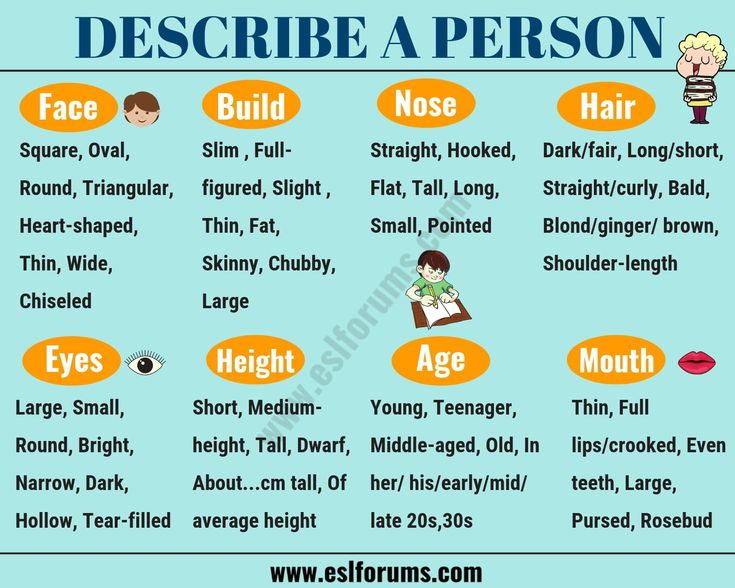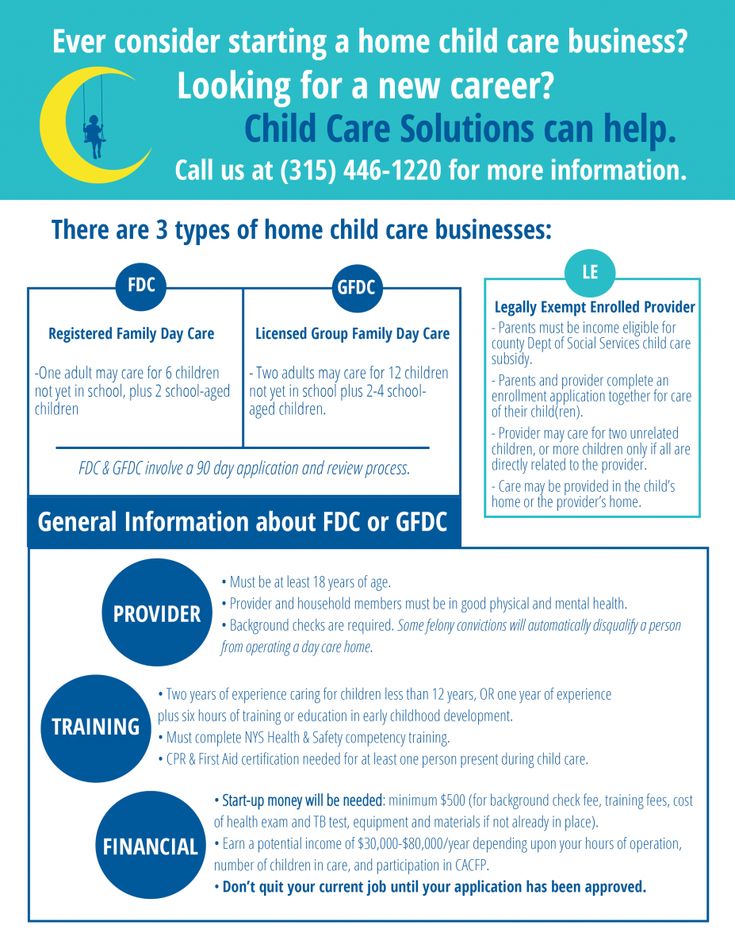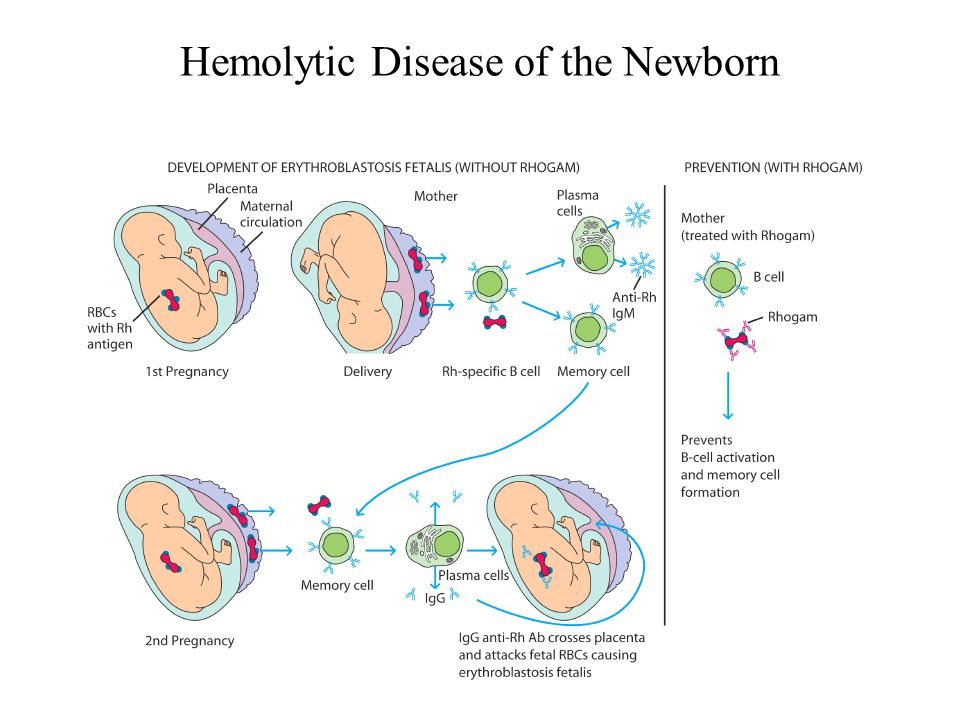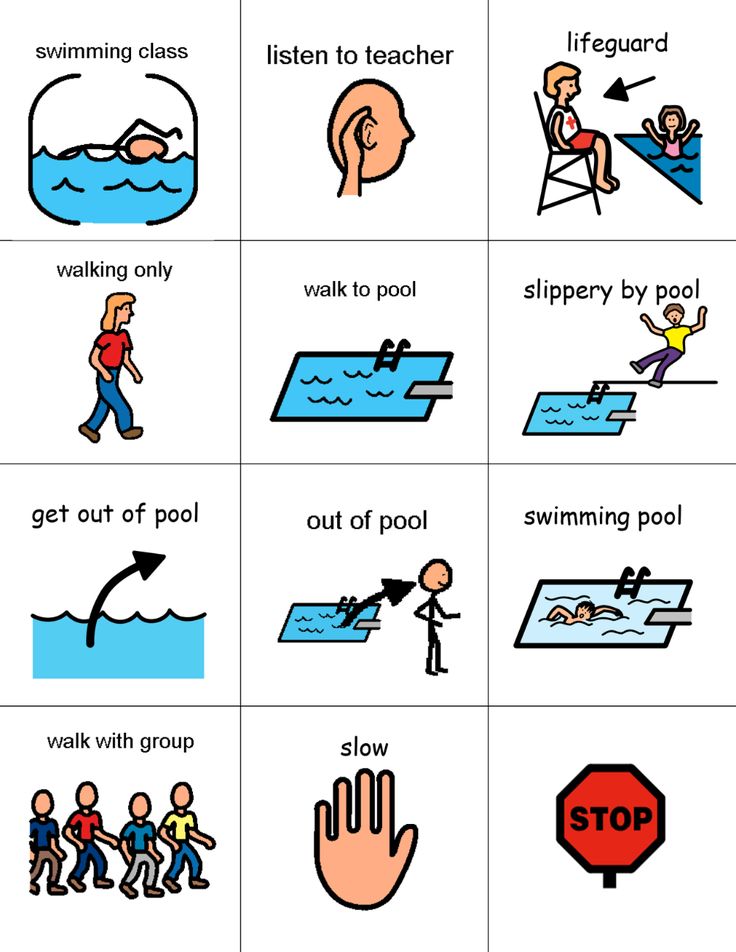How long can a child be in daycare
How Long Can a Child be in Daycare? Finding an Ideal Schedule
Daycare is a necessity for most working parents, but finding the right schedule can be tricky. How many hours can a child be in daycare each day? How many hours should a child be in daycare? And what’s an ideal rotation? Infants, toddlers, and preschoolers all have different needs and schedules, so it’s important to consider all of the factors involved when making this decision.
For busy parents, daycare can provide a much-needed break. It can be hard to find time to get everything done when you’re working full time and taking care of a small child. Daycare centers offer a safe place for children to play and learn while their parents are away. They also offer a variety of activities that help children learn and grow.
Things To Keep in Mind Before Considering Daycare
Here are some things to consider when thinking about placing your child in daycare.
- Full-time schedules (such as 9:00 a.
m. to 5:00 p.m.) are not necessarily better than part-time schedules (such as 9:00 a.m. to 12:30 p.m.). The number of hours your child spends in daycare depends on your individual needs and preferences, as well as the child’s age and personality type.
- If you need or want to work full time, you or your partner may consider cutting back on hours accordingly so that there is more “home” time for the family and less stressful “away” time for parents.
- Your child’s temperament and personality can affect how long they should spend in daycare each day.
- You should always meet with multiple caregivers before making this decision.
- Teachers in a daycare can have varying levels of education and expertise. Be sure your child’s caregiver has the background and training they need to care for children of their age group.
How Long Should Infants Be In Daycare?
Infants need more attention than older children, so it is important for them to spend less time away from family.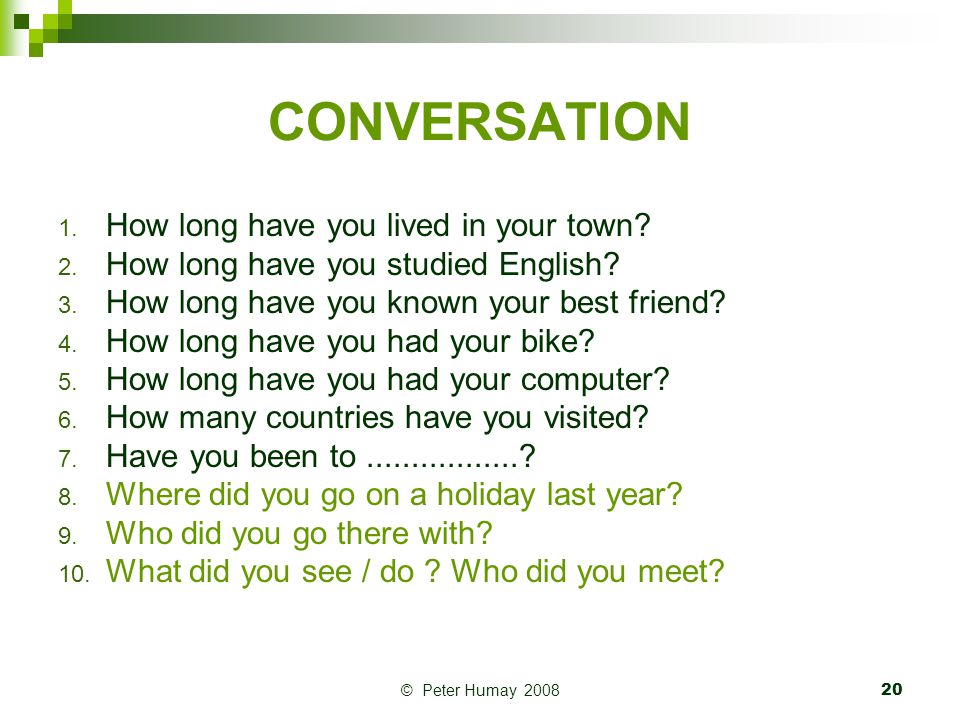 In general, you shouldn’t place newborn infants in daycare centers or with someone who isn’t related to you or doesn’t have at least a few years of experience caring for infants.
In general, you shouldn’t place newborn infants in daycare centers or with someone who isn’t related to you or doesn’t have at least a few years of experience caring for infants.
Ideally, healthy, full-term infants should not be placed in child care until they are at least three months old, but if you need to be back to work immediately and there’s nobody else to provide care, you must look for a daycare center that has the right facilities and trained, genuinely caring staff to handle infants.
How Long Should Toddlers Be In Daycare?
Toddlers need just as much love and attention as infants, so it’s important that you find a caregiver who can provide this. Around 20 to 25 hours of care is usually appropriate for toddlers between the ages of one to three years old. If your family needs more than 25 hours of care each week, consider cutting back on work hours to allow you more time with your child.
However, this is easier said than done for most families. If your child needs to spend more time in daycare than what is ideal, choose a daycare provider that has a low teacher-to-child ratio so they get proper attention and care.
If my child spends more than the recommended hours in daycare, is that okay?
There really is no right or wrong answer to this question. It is a personal decision that depends on many factors, including the age of your child, your work schedule, and your family’s needs.
The length of time your child spends in daycare each day depends on their age and personality type. Parents should always meet with multiple caregivers before deciding how many hours their child will spend in daycare each day.
Teachers in a daycare can have varying levels of expertise so it is important to discuss the caregiver’s background with them, as well as their fellow teachers before making your final decision.
Full-time vs. Part-Time Daycare
It is important to know that full-time schedules are not necessarily better than part-time. In fact, it depends on your individual needs and preference, as well as the child’s age and personality. For example, very young children may need more one-on-one care to develop a sense of security and attachment. Meanwhile, older preschoolers who have already developed strong social skills may do better in a group setting where they can interact with their peers.
Meanwhile, older preschoolers who have already developed strong social skills may do better in a group setting where they can interact with their peers.
Full-time daycare can provide more stability for children, as well as a sense of community. It can also help working parents maintain a consistent work schedule. The main advantage of full-time daycare over part-time daycare is that the child gets more attention.
In part-time daycare, children may be switched around to different caregivers, which can lead to confusion for your child about who they’re supposed to listen to and turn to in times of need. On the other hand, part-time daycare can be more flexible for parents and may be a better option for children who require a more structured routine.
Find a Nurturing Daycare Environment With Cadence Education
How many hours can a child be in daycare? This will depend on all the considerations above. And if putting your baby into daycare sounds daunting, take heart! There are many benefits of putting babies into early infant care programs, as long as you choose the right daycare center for your child.
Do your research and follow these helpful tips when looking for a childcare provider and how long your little one should be in daycare. This way, you’ll be in good shape to provide your infant with great care while you’re away at work or school.
Cadence Education has a vast network of daycare and preschool facilities in the U.S. that helps families with a wide range of childcare needs. If you’re unsure about how long a child should be in daycare, we offer consultations and evaluations to help you determine which will work best for your little one. Find a school near you to schedule a visit or contact the Cadence Education team today to learn more about our programs.
What Age Does a Child Stop Going to Daycare?
ByParents Plus Kids
This post may contain affiliate links. If you buy through the link, I may earn a commission. Learn More.
The question of when a child no longer needs daycare is one that weighs on the minds of many new parents (almost as much as how to find a good daycare).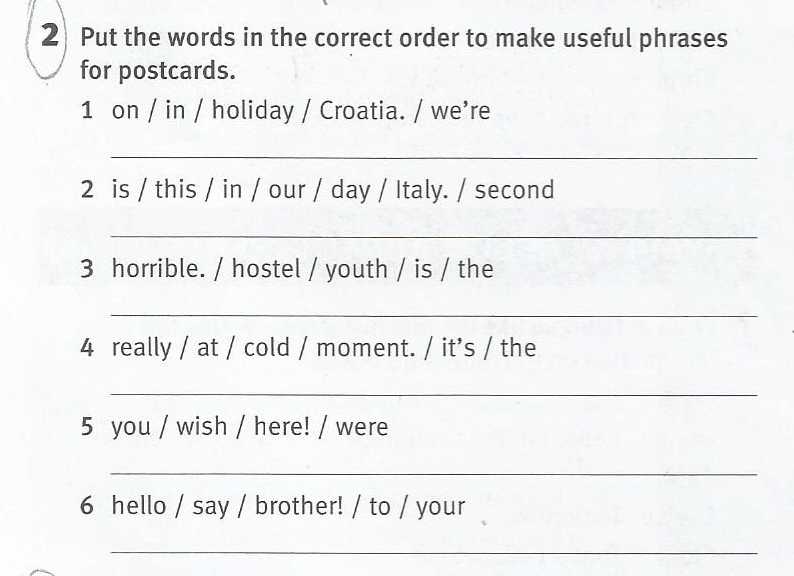
You might fret you will have to scramble for care when your child ages out of a program. Don’t worry. The answer to this common question is very simple.
Quick Answer:
Most daycare providers offer child care services to children through school age, which is about five to six years old. Many daycare providers offer before- and after-school programs for children up to sixth grade as well. Talk with your daycare provider to learn their specific age range.
*FYI some of the links in this article about “what age a child stops daycare” may be affiliate links. If you click and make a purchase we may get a commission (at no extra cost to you). For more info please see our disclaimer.
What Age Does a Child Stop Going to Daycare?
A child doesn’t stop needing someone to watch over them just because they reach a certain age. Daycare providers know this. Most offer programs for kids through the time that they begin school.
Some even offer programming past the first elementary years.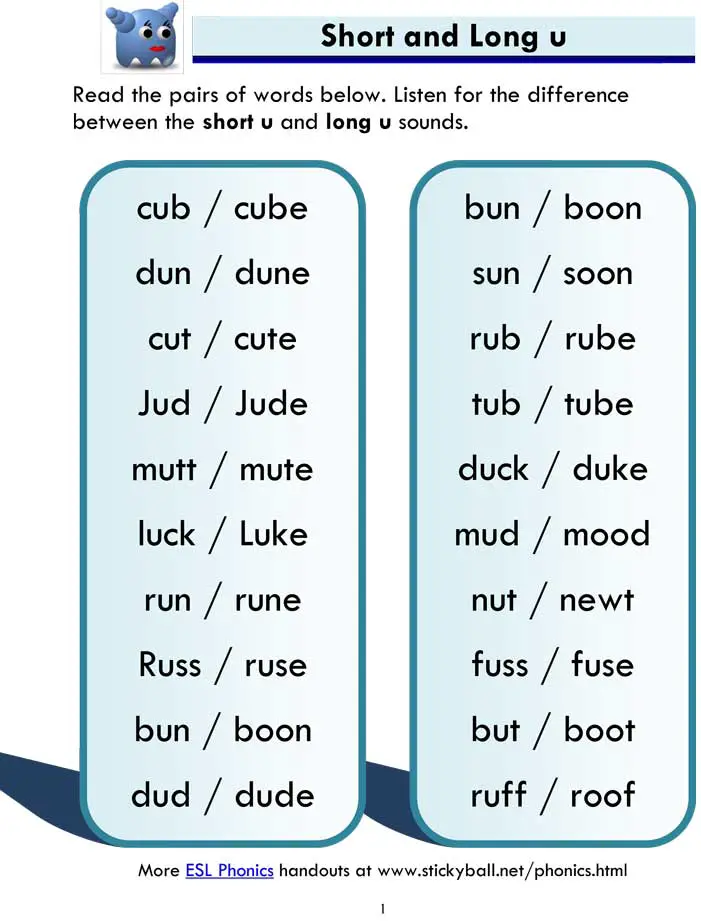 In most instances, standard daycare providers divide children into a variety of age groups.
In most instances, standard daycare providers divide children into a variety of age groups.
Find an affordable and qualified daycare center that fits your needs.
Start Searching TODAY
Infant and Newborn Care
Newborn care generally starts at about six to 12 weeks. Babies remain in the nursery through their first birthday. Children are usually moved to a toddler level, which goes by different names at different facilities, once they reach 12 months old.
Toddler Care
Daycare centers generally use the toddler years to determine their age groups for early childhood. These children are too young for structured pre-school programs but don’t have the same needs as those that are in the nursery.
Pre-School Programs
The term pre-school often applies to a specific course of study for children who are not yet ready for kindergarten. The curriculum usually includes learning letters, numbers, colors, and shapes.
The curriculum usually includes learning letters, numbers, colors, and shapes.
There is a strong focus on facilitating readiness for structured elementary school. Pre-school may also refer to the age of the child.
This group generally begins at about age three and ends at age five or six. Most daycares that provide child care for this age offer some kind of learning program, but parents should be mindful of how much learning is available and what is needed for the individual child.
Some parents choose to enroll their children in a part-time pre-school in addition to full-time daycare when they reach this age.
Related: 10 Traits of a Good Daycare
Alternative Kindergarten
A daycare may offer an alternative to the typical kindergarten. It functions similarly to an in-school kindergarten but provides the same comforting environment as a daycare.
Parents may choose this route if they feel their child is not ready for the typical elementary school experience. Alternative kindergartens are for five and six-year-olds.
Alternative kindergartens are for five and six-year-olds.
Find an affordable and qualified daycare center that fits your needs.
Start Searching TODAY
After-School Care
Whether a child starts school in kindergarten or beyond, there is a point that they will need after-school care.
The good news for worried parents is that many daycare programs offer an afternoon option for children up to age 12. Some even provide transportation from the child’s school to the daycare facility.
These facilities may offer before school care and transportation as well. Some even provide full-day options for school holidays.
Final Thoughts
You should be able to easily find a daycare that accepts your child until they start school. Daycare solutions exist for before-school, after-school and school holidays for children through about age 12.
What have you learned about daycare? Share your stories with us!
Frequently Asked Questions
What is the cut off age for daycare?
The cut off age for daycare is when the child turns school age at about 5-6 years of age. At that point after-care programs become very good options for parents.
At that point after-care programs become very good options for parents.
What are the disadvantages of daycare?
Some of the cons of daycare includes daycare costs and that someone else is raising your child for you.
Related
- When Should I Switch Daycares?
- How Single Moms Can Afford Daycare
50 Shares
how many days can be missed and in what cases is a certificate required? : Main, News, Social: IVBG.ru
After the updated SanPin, which were introduced in 2021, confusion began in some kindergartens. Some require a certificate after one missed day, while others follow the old method - they ask for a doctor's report on the child's condition after three days of absence. The editors of ivbg.ru figured out how many days a child can not attend kindergarten without a good reason and in what cases a health certificate is required in a preschool institution.
New rules for providing a certificate to kindergarten in the absence of a child in a preschool education institution were approved in SanPi SP 2.4.3648-20 “Sanitary and epidemiological requirements for organizations of education and training, recreation and youth" in the fall of 2020 and will be valid until 2027.
How does the system of providing certificates to kindergarten in case of missed classes work?
The new rules do not in any way regulate the process of providing a certificate in the absence of a child in kindergarten within an acceptable period, if the reason for the absence was not an illness. In accordance with paragraph three of article No. 28 of the Law on Education, now preschool institutions must themselves regulate the admission of children after absence. Therefore, parents should find out in advance whether the specified document exists in the kindergarten where their child goes. If it is available, you must familiarize yourself with the rules and follow them in order to avoid unpleasant situations. If it is not there, then educators do not have the right to demand a certificate from a doctor when missing classes for family reasons. The allowable period of absence of a child is five days. This is indicated in the recommendation letter of the Ministry of Health of the Russian Federation dated 19August 2020 N 15-2/I/2-11861. You should also take into account the principle of "reasonableness of time", specified in Article No. 314 of the Civil Code of the Russian Federation, which is applied in any situation where laws or other documents do not establish any time limits.
If it is not there, then educators do not have the right to demand a certificate from a doctor when missing classes for family reasons. The allowable period of absence of a child is five days. This is indicated in the recommendation letter of the Ministry of Health of the Russian Federation dated 19August 2020 N 15-2/I/2-11861. You should also take into account the principle of "reasonableness of time", specified in Article No. 314 of the Civil Code of the Russian Federation, which is applied in any situation where laws or other documents do not establish any time limits.
When is a doctor's certificate required for kindergarten?
A certificate is required if the child missed more days than is regulated in the document of the preschool institution. Most of them have a five-day rule. If the child missed more for any reason, then he can be present in the group only if he has a certificate from the pediatrician with the designation “healthy”.
In a situation where the child does not feel well, caregivers have the right to request a certificate even after one day has passed. This is indicated in the new SanPin. It says that after an illness, children are allowed to visit if they have a medical certificate (medical certificate).
This is indicated in the new SanPin. It says that after an illness, children are allowed to visit if they have a medical certificate (medical certificate).
Can a child be expelled from kindergarten for absenteeism?
There are no clauses in the law on education where absences are grounds for expulsion from preschool. But with a long absence without a good reason, the child may be expelled from the list of pupils. Therefore, parents, for example, during a vacation or a long-term trip to relatives, must write a letter of absence addressed to the manager in advance in order to save their place. Also, expulsion is possible if the doctor confirms the impossibility of attending a preschool institution due to health problems.
Are parents required to pay for missed days?
If the child attends a regular kindergarten, then in order to reduce the monthly fee due to absenteeism, parents must notify the preschool management in advance of the child's absence. In this case, it is removed from the diet for the number of days specified in the application.
In this case, it is removed from the diet for the number of days specified in the application.
As for private kindergartens, everything depends on the signed contract. In most cases, the payment remains fixed and does not depend on the number of passes.
When can I complain about a kindergarten and where can I send a complaint?
You can file a complaint against a day care center if you are unreasonably required to provide information. For example, in the absence of a child one day for family reasons. For inappropriate requirements that interfere with education, you should also seek help. This includes the condition of attending a group in the presence of a negative test for coronavirus.
An application for a preschool institution is written in free form. There must be indicated:
- name of the authority to which the complaint is directed;
- name of the educational organization where the violation occurred;
- surname, name and patronymic of the parent or guardian, indicating the address and contact details for communication;
- surname, name and patronymic of the child with date of birth;
- description of violations that occurred in the kindergarten;
- requirements for the elimination of violations;
- the signature of the applicant and the date of writing are required.
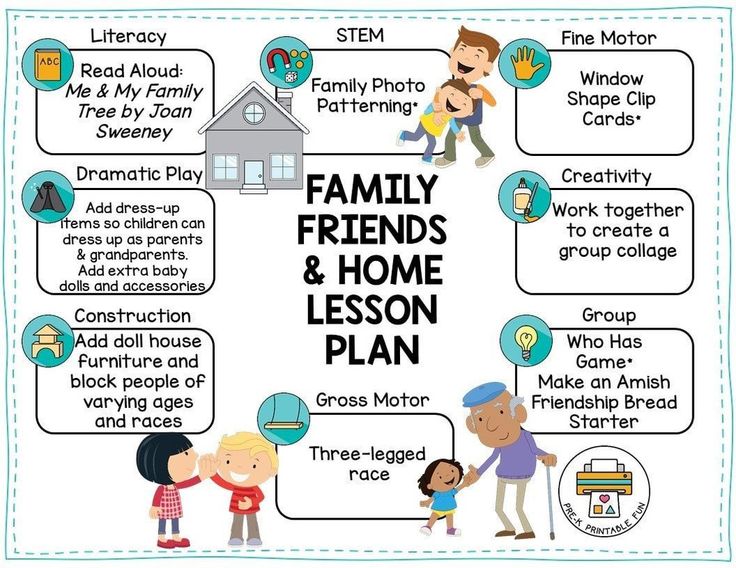
The application is sent to the Education Committee of the Leningrad Region, local and regional departments of Rospotrebnadzor. Note that sample complaints can be found on the Internet.
Previously, the editors of ivbg.ru wrote what influences a teenager's reluctance to attend school and how to deal with absenteeism of your child.
How many days can a mother stay with a child in a group, and is her presence necessary?
There are two sides to this issue: formal (legal) and psychological.
Let's look at the legal aspect first.
During the first adaptation period, you have every right to be in kindergarten with your child. In the "Model agreement between a state budgetary educational institution (kindergarten) and a parent" in the section "Obligations of the parties" there is such a clause: "Provide the Parent with the opportunity to be in the group with the child during the adaptation period, subject to sanitary and hygienic requirements. "
"
In each region, in each kindergarten, the duration of the joint adaptation period can be set differently. But it can and should vary according to the individual characteristics of each individual child. You, as a parent, have the right to make some changes and additions to the contract.
Now consider the psychological aspect.
During the first time in kindergarten, the presence of a mother (or other close person) is absolutely necessary for a child.
What does "first time" mean? It depends on the age of the child, and on his temperament, and on how ready he is for kindergarten (coincidence of the daily routine, general requirements, ability to communicate ...). For some, this “first time”, that is, the first stage of adaptation to kindergarten, is approximately 3 days, for some it is a week, and for others it is a month.
But, for example, in the Waldorf Kindergarten , all parents of newly arrived children are urged to be present with their child for at least 10 days.
The best way to start visiting a kindergarten is for the first 2-3 days you and your child will simply join the group while walking. Still, walking on the street with other children is a completely familiar situation for a baby.
On the following days, take your child to the garden for 2-3 hours and stay there with him all this time: go for a walk, be present in the group during classes or a common game. All this should look like you and your baby came to visit or brought him to the playground. YOU COME TOGETHER AND YOU WILL LEAVE TOGETHER when you see fit, as it happens when visiting guests or a playground.
Those cases when the child is immediately sent alone to the group, and the mother leaves - I personally associate with the situation, as if the baby was taken to a large supermarket and left there alone. It’s even scary to think what he can experience in this case ... After all, it’s a completely different matter when a child goes through the most difficult stage of joining a team together with a person close to him.